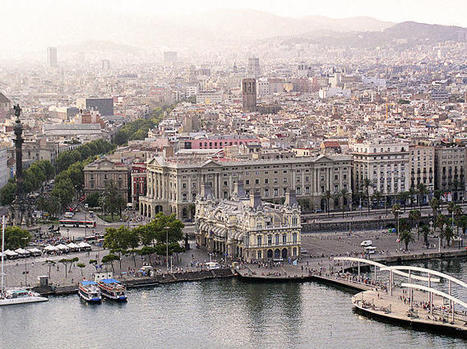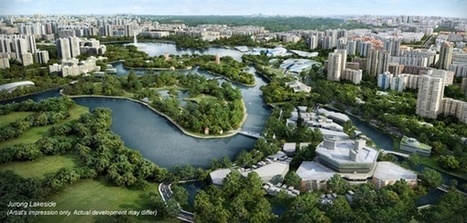These cities that are doing the best at embracing the future are focusing on improving technology, equality, sharing, civic participation, and more.
Over the past several years, the idea of the being "smart" has emerged as a key mechanism for cities to find innovative solutions to the challenges that they are facing. Increased demand for infrastructure, housing, transportation, jobs, energy, food and water are all straining city governments and infrastructure, as people around the world flock to urban centers in hopes of a better life and more opportunity. For many years, the push to create smarter cities was led by technology companies looking for uses (and buyers) for their products. But in recent years, cities have begun to think more holistically about what being a smart city could mean, and have innovated new ways to modernize how a city serves its citizens.
Via Lauren Moss



 Your new post is loading...
Your new post is loading...









добавить ваше понимание ...